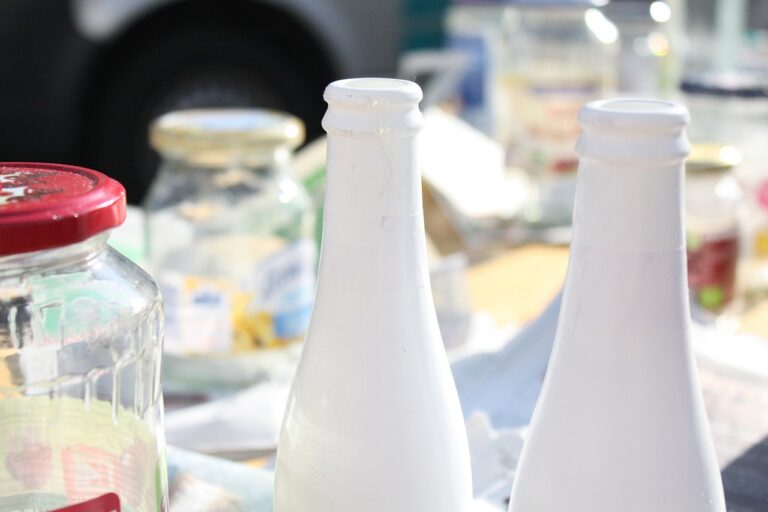The meaning of Upcycling is very clear. It indicates the use of waste materials, destined to become rubbish, to create new objects of even greater value than the original material.
The term is translated as creative recycling, reuse or re-use. None of these terms, however, make clear that this type of process makes the new object more valuable than the original.
Table of Contents
History of upcycling
In 1963, Heineken created the first example of upcycling by producing the ‘Wobo’: beer bottles that, once used, could serve as building blocks.
Ten years later, the architects Charles Jencks and Nathan Silver pointed out a new way of designing that wanted to break with the traditional world, trying to see things around us in a different way.
So as to give objects and materials that have always been around us, roles and meanings different from those with which we are used to seeing them: thus the idea of upcycling was born.
Why upcycling is the new frontier of sustainability
The real strength of up-cycling lies in its difference from ‘simple’ recycling and that it is therefore not just about simply extending the life cycle of a product, but about adding value to a whole new product with a new purpose.
Upcycling, i.e. creating something new using something we already have but no longer need, is probably the most sustainable way of recycling because it lowers the consumption of raw materials, energy and reduces pollution.
Upcycling can belong to the fashion industry (where it fits in as an alternative to fast fashion) as well as to other sectors: from design to construction and toys.
It certainly helps reduce the cost of producing new objects and sets a beautiful creation in motion. Certainly creating or buying objects made from waste materials allows us to reduce our impact on the environment, consuming fewer raw materials and perhaps even making money.
Upcycling and fashion
From women’s shirts made from men’s shirts to special capsules using scraps, upcycling and fashion are a very close pair. In the world of fashion, with the textile industry still one of the most polluting of all, existing clothing items or textile waste can be transformed into new products, creating a new fabric life cycle.
There are many fashion houses that are slowly distancing themselves from fast fashion to focus – at least in part – on upcycling and creativity and the reuse of textiles.
Diesel, for example, has launched a project to create collections made from unsold garments and reassembled into new caps. H&M is experimenting with recycling, through the Resell platform, a new type of commerce that allows the brand’s community to sell their used garments and buy new ones.
Not just new life to garments, however. Upcycling is also about raw materials from waste: the most unlikely scraps such as orange pulp, or coffee grounds, cane and plastic bottles that become T-shirts.
And what is more valuable than waste that becomes fashion? From big brands to do-it-yourself creativity: even grandma’s cupboards and trunks can be an inexhaustible source of ideas and upcycled materials.
Creative reuse in furniture and design
The same goes for upcycling in furniture. Wooden pallets that become benches or tables, old trolleys that turn into small tables and bookcases.
Creative recycling that adds value to ‘waste’ finds its greatest expression in furniture and design. Both by designers who have made the circular economy their way and as inspiration for the do-it-yourselfer.
Read also: Zero waste movement: what is it and how to apply it












